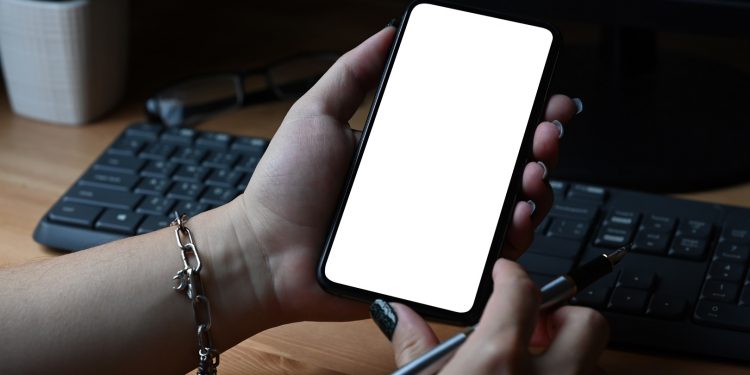5 ways your mobile phone could be hurting you
Mobile phones is now an integral part of our every day lives. We use them to communicate, entertain, stay informed, and manage our schedules. However, as much as we rely on our phones, they can also have negative effects on our health and well-being. In this essay, we will explore five ways that your mobile phone could be hurting you.
Ways your mobile phone can be hurting you
Poor posture and neck strain:
Using a mobile phone for extended periods can lead to poor posture, especially when we hold it in our hands while looking down at the screen. This position puts a strain on the neck muscles and can lead to pain and discomfort. Over time, it can even cause long-term damage to the neck and spine. To avoid this, experts recommend taking frequent breaks, stretching, and holding the phone at eye level when possible.
Eye strain and vision problems:
Staring at a small screen for extended periods can also cause eye strain and vision problems. The bright light emitted by the screen can cause digital eye strain, which can lead to headaches, blurred vision, and dry eyes. To reduce the strain on your eyes, it is important to take regular breaks and adjust the brightness and contrast of your screen to suit the lighting conditions.
Sleep disruption:
Mobile phones emit blue light, which can interfere with our natural sleep patterns. Exposure to blue light in the evening can suppress the production of melatonin, a hormone that helps regulate our sleep cycles. This hormone suppression can cause difficulty falling asleep and poor sleeping quality. To avoid this, experts recommend avoiding the use of mobile phones for at least an hour before bedtime and using night mode or blue light filters on your phone.
Reduced social interaction:
While mobile phones have made it easier to communicate with others, they can also reduce face-to-face social interaction. Spending too much time on our phones can lead to a decrease in social skills and an increased feeling of isolation. To avoid this, experts recommend setting aside dedicated times to disconnect from technology and engage in meaningful social interactions.
Addiction and mental health issues:
Finally, mobile phones can be addictive and lead to mental health issues. The constant notifications, social media updates, and instant gratification can lead to a compulsive need to check our phones, leading to anxiety, stress, and even depression. To avoid this, experts recommend setting boundaries with our phones, such as turning off notifications or taking breaks from social media.
It is also worth noting that some of the potential harms of mobile phone use may be more prevalent in certain populations. For example, children and teenagers may be more susceptible to addiction and mental health issues related to their phone use, as well as potential developmental impacts from prolonged screen time.
Additionally, certain professions or lifestyles may increase the risk of harm from mobile phone use. For example, people who use their phones frequently for work may be at greater risk of developing neck or vision problems. Individuals who use their phones while driving or engaging in other dangerous activities may be at risk of accidents and injuries.
How to curb the potential harms
To mitigate the potential harms of mobile phone use, there are a variety of strategies and tools available. For example, many phones now have features that allow you to monitor and limit your screen time, set reminders to take breaks, or adjust the brightness and blue light settings to reduce eye strain. There c CA also apps and tools available that can help you manage your phone use, such as screen time trackers, social media blockers, and mindfulness apps.
Conclusion
While mobile phones have undoubtedly revolutionized the way we communicate and access information, it is important to be aware of the potential risks associated with their use. By taking steps to mitigate these risks and adopting healthy habits around our phone use, we can enjoy the benefits of our phones without sacrificing our health and well-being.
In conclusion, while mobile phones have become an indispensable part of our daily lives, it is important to acknowledge the potential harms they can cause to our health and well-being. From poor posture and neck strain to addiction and mental health issues, our phones can have negative effects on us if we use them excessively and without mindfulness. However, by adopting healthy habits and using tools available to manage our phone use, we can mitigate these risks and continue to benefit from the many conveniences our phones offer. Taking regular breaks, using blue light filters, and setting boundaries around our phone use are just a few of the many strategies we can use to stay healthy and happy while still using our phones to their fullest potential.
References https://www.google.com/amp/s/www.cosmopolitan.in/amp/life/features/a15613/6-ways-which-your-phone-could-be-hurting-your-mental-health https://thebestbrainpossible.com/phone-mental-health-depression-anxiety-addiction/










Discussion about this post